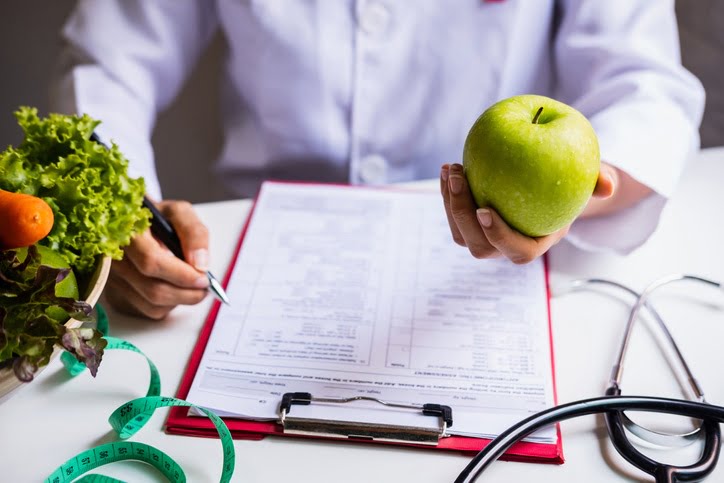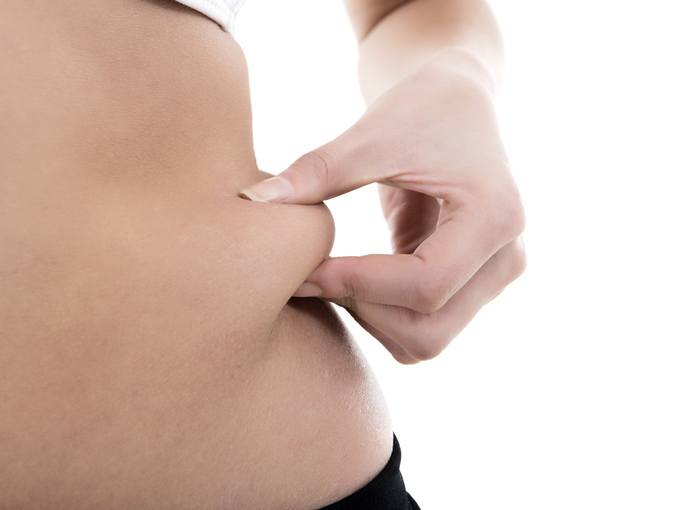

No matter what stage of life, or weight loss, you are in, Thanksgiving should always be a wonderful time of year. While Thanksgiving 2020 may look different for many of us due to the ongoing COVID-19 pandemic, it is likely to be a day that is focused around food.
For someone who has had weight loss surgery and lost a significant amount of weight, this may be anxiety-inducing. This is understandable, and you are not alone if you feel this way.
With the right mindset, commitment to remember and practice everything you have learned about healthy eating, and a positive attitude, Thanksgiving can continue to be a day to look forward to each year.
Tips for Enjoying Thanksgiving After Weight Loss Surgery
First, we want to note that this advice applies to those who are at least six months out from weight loss surgery. If you have had gastric sleeve surgery, gastric bypass, or the LAP-BAND more recently than that, you will still be more restricted on what and how much you can eat. If you have any questions regarding this, please contact us to talk more.
Change your mindset about what Thanksgiving is all about.
Plain and simple, Thanksgiving is about eating lots of food for many people. Instead of having this mindset, think of it as a time to see and visit with friends and family. Due to COVID, you may not have seen everyone recently. You may be celebrating outside in a distanced way, but truly enjoy this time and be thankful if you are able to be together.
Take advantage of the opportunity to make one or more healthy dishes.
For many standard Thanksgiving meals, everyone participates by preparing and sharing a dish. You may be assigned something to bring, and in that case, you can create a healthy version. If you get to decide what to take, prepare something healthy that you will be excited to eat and that others will also enjoy.
Start your plate with protein.
It may depend on how it’s prepared, but turkey is often a lower fat protein choice, so that may be a good place to start. If you are concerned that the turkey may be deep-fried or prepared in another unhealthy way, consider making your own herb-roasted turkey breast. It will be less time consuming than roasting a whole turkey, delicious, and healthy!
Be strategic about the rest of your plate.
We recommend focusing on vegetables as much as possible. Raw veggies are great, as well as other options, such as steamed green beans or carrots. Everyone will love these brussels sprouts with bacon and orange-scented green beans. Remember that items like cranberry relish, rolls, and stuffing will be high in sugar and calories, and they will also fill you up quickly. If you love those things, only leave room on your plate for one of two bites.
How to handle dessert.
Many of us love and look forward to Thanksgiving pies, and that’s okay even after weight loss surgery! We don’t recommend depriving yourself completely, but you must be careful. Very small portions are the answer, as well as other ideas, such as eating a small amount of filling from pies but not the crust.
The Aftermath of the Big Meal
Because of the sheer amount of different foods involved, you may feel a little more full than normal after your Thanksgiving meal. Eating slowly will help, and remember you can always save your leftovers for later. You may also consider going for a walk, which will likely be just what your body needs. This can be a great activity to do with friends or family members.
We have confidence in you to appropriately handle Thanksgiving! You know what to do and how to eat every other day, and this day is no different. There are tons of healthy Thanksgiving recipes out there — find more ideas here. Happy Thanksgiving!










